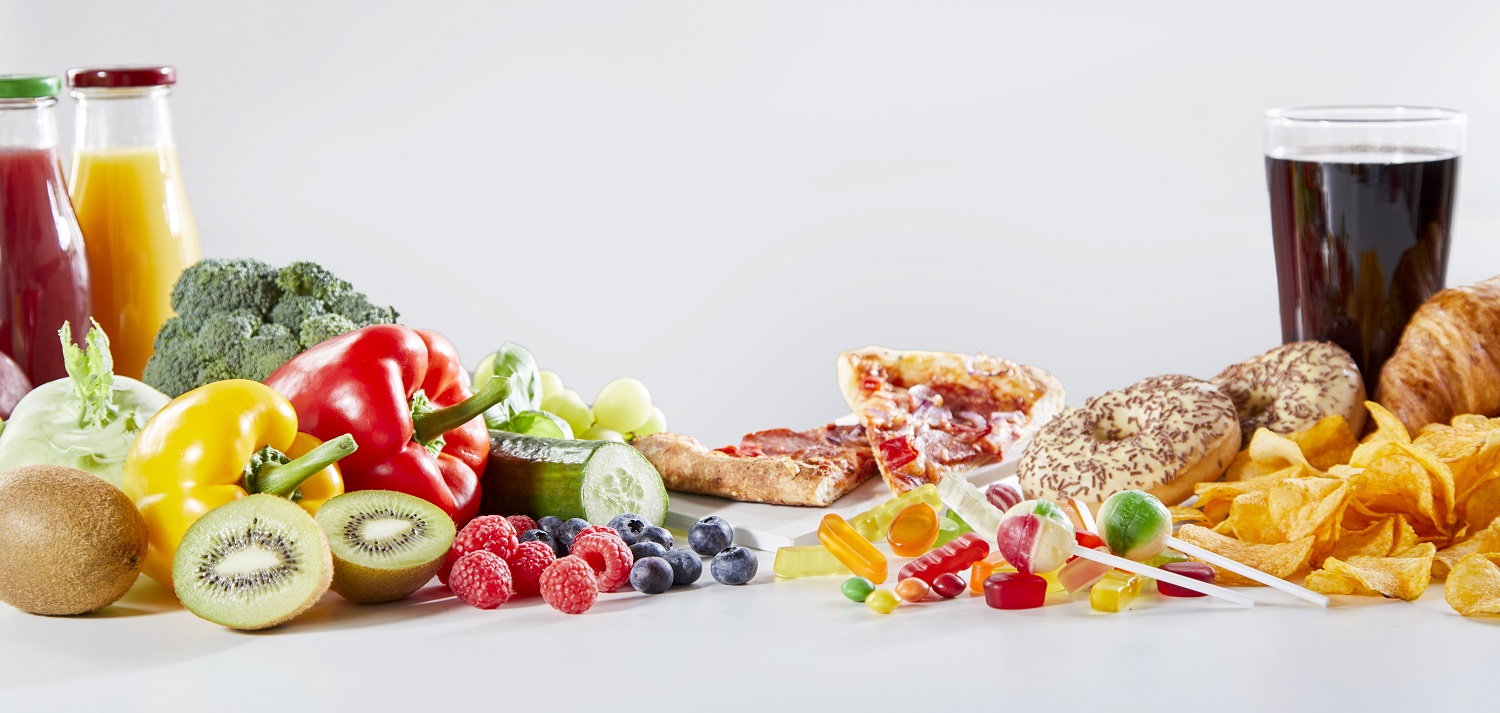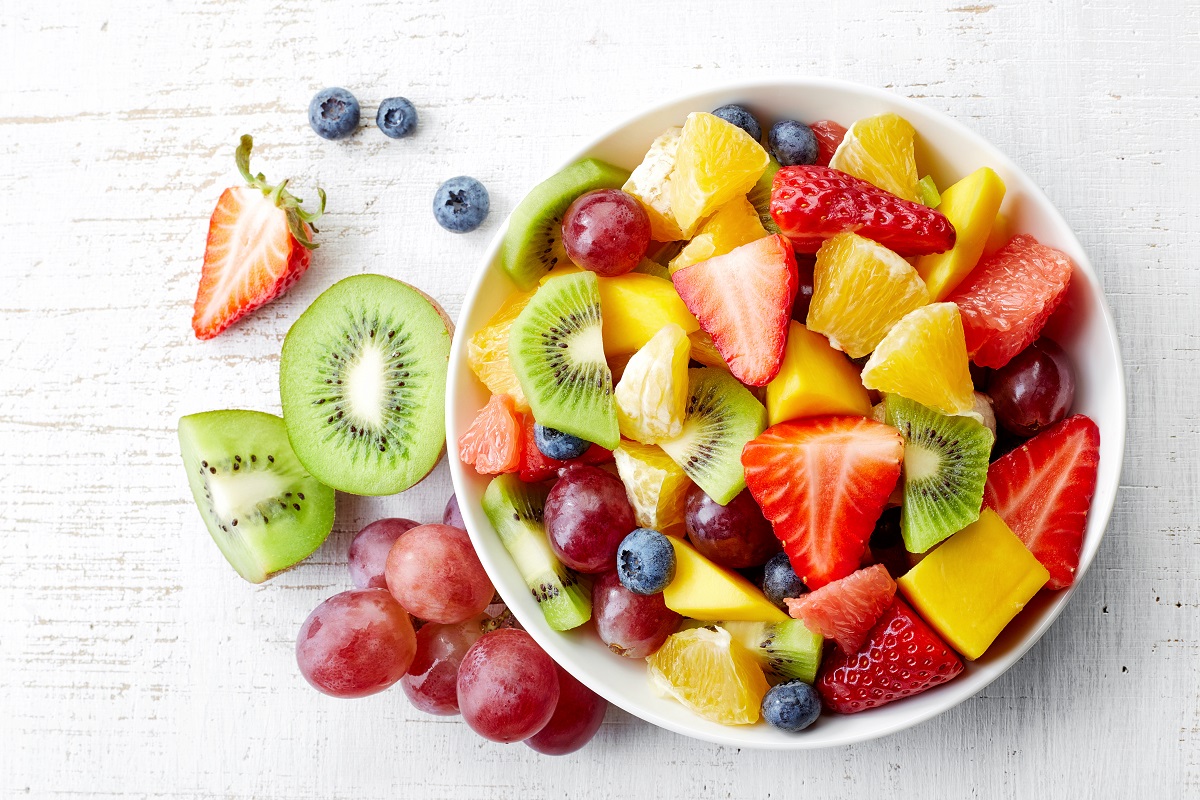When people are trying to lose weight, bulk up, or improve their overall health, there are certain things that they try to avoid. One of the most common things for people to cut from their diet is sugar.
It’s true that sugar isn’t the healthiest ingredient in our modern diets. However, not all sugar is created equal. Certain types of sugars can certainly sabotage your diet, but others can actually be good for you in moderation.
What’s the Difference?
Typically, when people think of sugar, they imagine the white crystals that we sprinkle into our coffee every morning. This type of sugar is called sucrose. It is also known as “added sugar.” This means that the sugars are not naturally occurring in the foods; rather, they are added to make the food taste better.
Sucrose is considered bad sugar. Those bright white crystals are highly processed and refined. Basically, it stimulates your taste buds and gives you a quick spike of energy, but doesn’t actually provide any nutrition. Eating calories that don’t provide vitamins, minerals, protein, fat, or enzymes is a sure way to sabotage your diet.
Not all sweet foods contain sucrose, however. Some foods are sweetened with natural sugars known as glucose. Glucose is a sugar that occurs naturally in foods and is considered a good sugar.
Glucose is a simple sugar: because it occurs naturally, it doesn’t undergo any type of processing or refinement. This means that in addition to providing energy, glucose retains its vitamins, minerals, protein, phytochemicals, and fibre.
Dangers of Bad Sugar
In addition to being a source of empty calories with no nutritional benefits, sucrose poses other risks to your body.
One of the major problems related to increased sucrose intake is weight gain. Research suggests that sucrose consumption is a major factor in the obesity epidemic. In recent years, people have actually begun consuming less fat; yet, the average weight of the population has actually increased. It turns out that sucrose may be the cause behind this baffling statistic. Researchers found that more of our calories are coming from sucrose, suggesting that the added sugar is a major contributor to weight gain.
While no one wants to be overweight, there are also other risks associated with the weight gain caused by added sugars. There also seems to be a significant link between sugar and heart disease. Higher body weight often leads to higher blood pressure and cholesterol. In addition, eating too much sucrose can cause dental diseases, which studies show are a major contributor to coronary disease.
Eating too much sucrose can also impact how your body ages. According to one study, having too much sugar in your diet can cause your body to age more quickly. This is because the breakdown of sucrose in your body leads to a weakening of collagen, making your skin begin to look older more quickly.
Benefits of Good Sugar
Unlike sucrose, good sugars like glucose are an important component of a healthy diet. Glucose is what your body breaks down when it needs to create energy. If you want to create energy while still consuming the important nutrients that your body needs, you should pay attention to your glucose intake.
In contrast to the negative impact of sucrose on your risk for serious diseases, glucose can actually improve outcomes for those with critical illnesses. Research indicates that providing seriously ill patients with appropriate levels of glucose actually decreased their mortality rates. Patients who recently underwent heart surgery also saw improvement when glucose was used as a part of their recovery.
Glucose is also an important factor for those trying to improve their weight and physical fitness. When engaging in strength training, consuming a healthy amount of glucose could improve your results. Adding a source of glucose to your post-workout meals can actually help your body use protein more effectively, leading to quicker weight loss and muscle development.
According to some research, consuming glucose can also be good for your brain. Glucose serves as an energy source for your body, and the brain, in particular, depends on the fuel provided by this type of sugar. During a challenging mental task, your brain burns up a significant amount of glucose. This means that if you aren’t consuming a sufficient amount of glucose, you could see a decline in your attention, memory, and ability to learn.
How Can You Tell the Difference?
Trying to figure out which foods are good for you and which are bad from you can be confusing. Anyone who’s ever looked at a nutrition label knows the frustration. However, when it comes to sugar, there is one simple rule that can help you make the right decisions:
The more processed a food is, the more likely it is to contain added sugar.
Foods like candy, cereal bars, and pasta go through a lot of processing and refinement before they get to your plate. All of this processing tends to strip the foods of their nutrients, leaving behind unhealthy sugars meant to add flavour. However, these sugars are merely a form of empty calories that give an energy boost, but not much else.
Foods that have a minimal amount of processing before getting to your plate, like fruits, vegetables, nuts, and whole grains, are more likely to contain natural sources of sugar. These foods will provide you with a steady source of energy along with the nutrients that your body needs to maintain peak performance.
If all else fails, take a look at the nutrition label. If you see sucrose listed as an ingredient, it’s probably a food that you should avoid.



